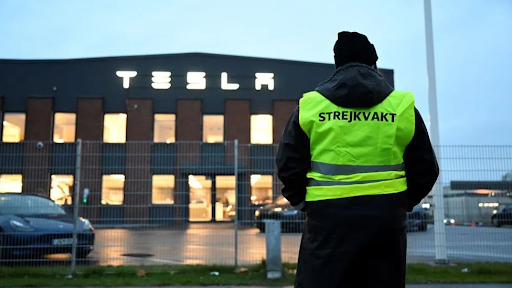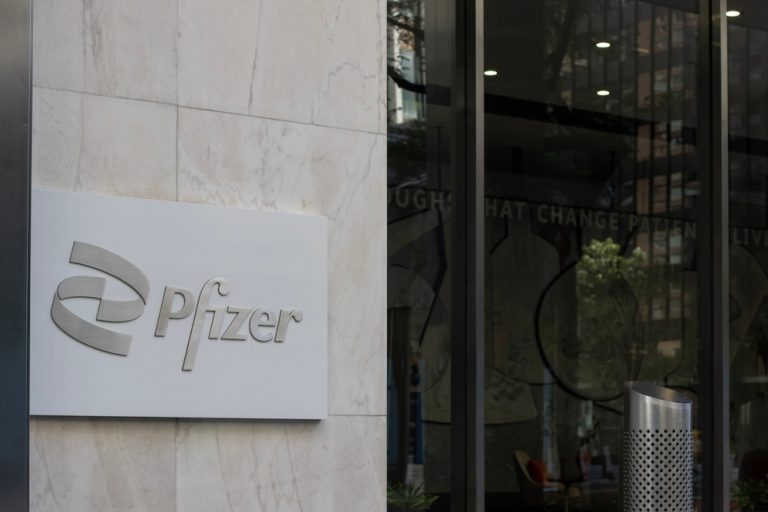The renowned electric carmaker Tesla has taken legal action against the Swedish Transport Agency amidst a series of labour strikes targeting the company. The lawsuit follows the halt of licence plate deliveries by postal workers, an act supporting the ongoing strike by Tesla metal workers. The crux of the dispute lies in the push for a collective bargaining agreement by the IF Metall union, a norm within Sweden’s labour framework.
Elon Musk, the CEO of Tesla, has openly expressed his concern over the situation, labelling the potential impact of the strikes as “insane.” Approximately 130 employees at Tesla’s Swedish repair facilities initiated the strike on October 27, demanding “good wages, pensions and good insurance for staff.” In solidarity, eight additional unions have launched actions against Tesla.
The blockade by the Swedish Union for Service and Communications Employees (Seko) began on November 20, and the dockworkers’ refusal to unload Tesla cars has intensified the situation. Tesla’s lawsuit accuses the Swedish Transport Agency of unjustly targeting the company by withholding registration plates, a claim the agency intends to contest in court.
The agency’s spokesperson, Mikael Andersson, has stated their willingness to review the lawsuit and present their stance in court. The district court is expected to allow the agency to elaborate on its position regarding Tesla’s allegations.
Despite Tesla’s silence on the issue, Elon Musk’s stance against unionization is well-documented. He recently reacted to a social media article about the strike, reiterating his shock at the unfolding events. Gabriella Lavecchia, the president of Seko, has emphasized the importance of the strike, accusing Tesla of ignoring Swedish labour laws.
The dispute underscores a broader tension between U.S. corporate practices and Swedish labour standards. IF Metall has criticized Tesla for offering subpar wages and benefits compared to the industry norm, pointing out that while firms like Amazon have shown resistance, they eventually comply with collective agreements.
The lawsuit represents a pivotal moment for labour relations in Sweden, and the outcome may set a precedent for how international corporations engage with local labour laws.
The legal and labour dispute involving Tesla in Sweden is more than a mere standoff; it’s a significant test of the country’s collective bargaining model. The resolution of this conflict could redefine the balance between corporate policies and workers’ rights, not just in Sweden but potentially across borders.























+ There are no comments
Add yours